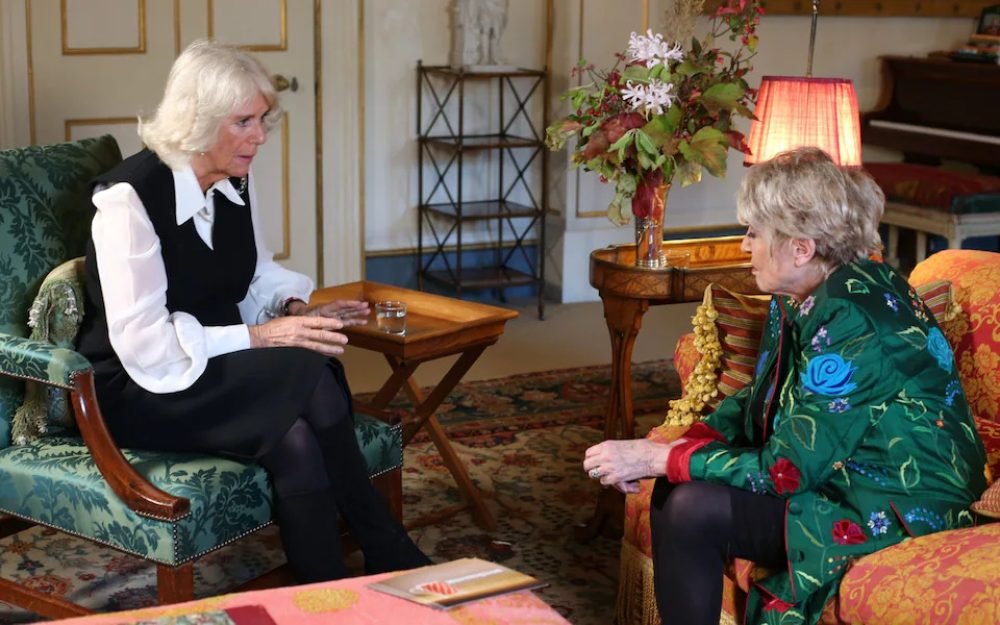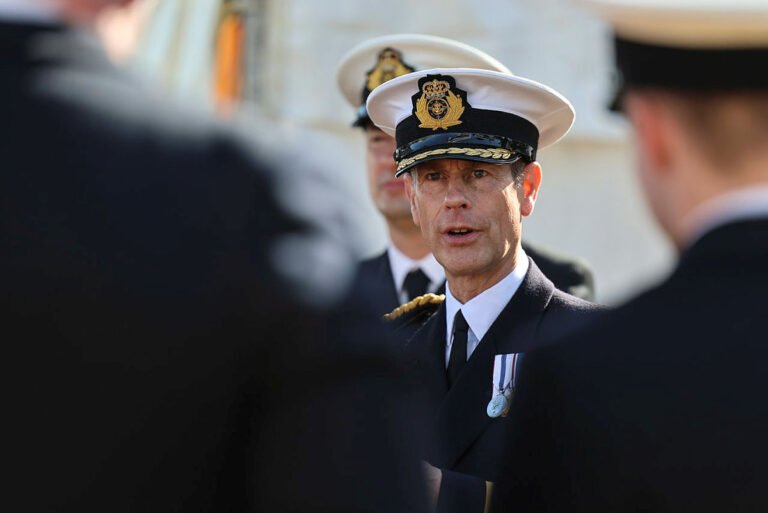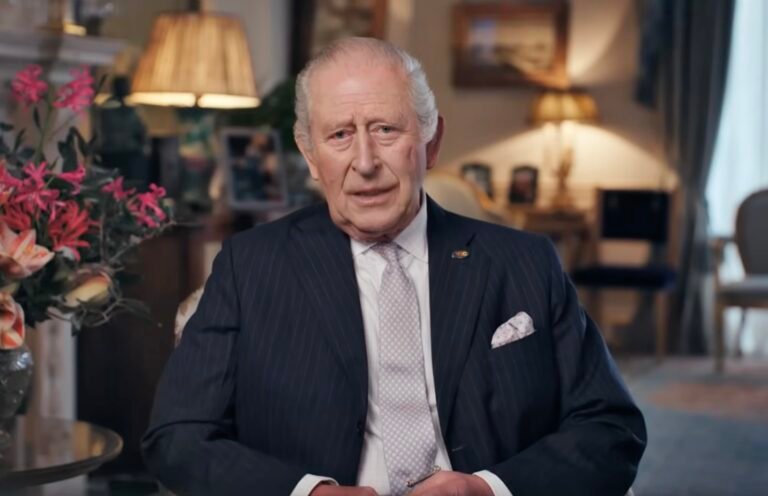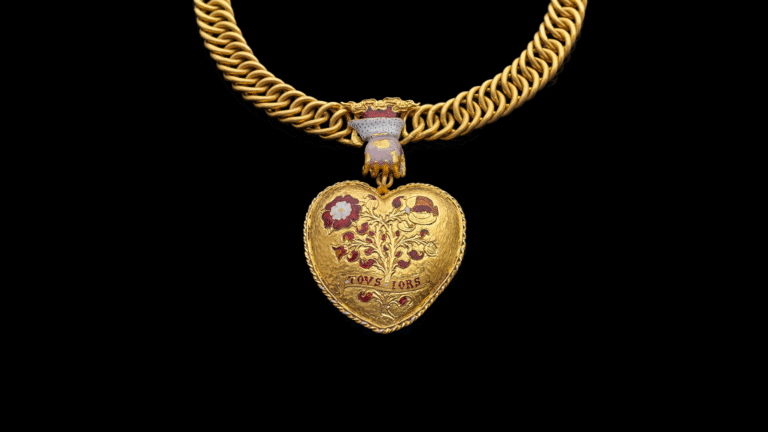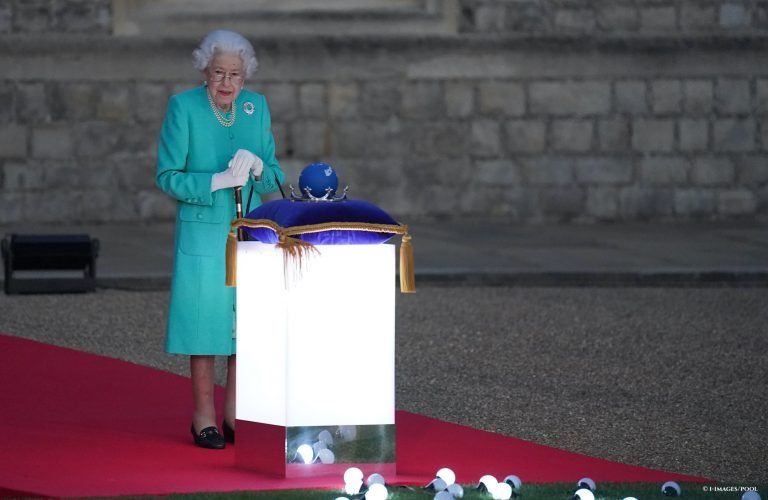The Duchess of Cornwall has opened up about her mother’s battle with osteoporosis in an interview with BBC’s Morning Live, which took place on World Osteoporosis Day last week.
Osteoporosis is a health condition that weakens bones, making them fragile and likely to break. The disease develops slowly, and common injuries seen in those with osteoporosis are broken wrists, hips or fractures of the spine.
Speaking about the Royal Osteoporosis Society, of which HRH is Patron, Camilla said: “Well this charity is a one very close to my heart because both my grandmother and my mother died as a result of osteoporosis. My mother, I think, went to see everybody you could possibly think of and they all said the same thing – ‘Sorry, you’re old’.
Tomorrow on the show Her Royal Highness The Duchess of Cornwall talks to Gloria Hunniford about how osteoporosis is something people of all ages should be thinking about.@ClarenceHouse | #MorningLive pic.twitter.com/vO80cG7ilT
— BBC Morning Live (@BBCMorningLive) October 24, 2021
“We just watched her shrinking before our eyes.”
The Duchess of Cornwall opened up on the pain that caused her family to Gloria Hunniford for the segment, citing it was ‘terrible, because we didn’t know anything about it’.
She continued: “So at some point we thought ‘well, is she making a great fuss about all this?’ When she moved or you touched her she literally screamed.
“I remember when a friend of hers came in one day just to give her a hug, her rib broke. It was as bad as that.”
Embed from Getty Images
Camilla’s parents on their wedding day
When asked how osteoporosis can be prevented, the Royal said: “You have to prevent it by taking a look at yourself and saying ‘look I don’t want to have this disease’, so you must take a lot of exercise, walking in particular is the best thing.”
She told the programme: “I think we all think we’re immortal, don’t we, when we’re young… I think I’d like to see more young people being educated. I’d love to see more young people understanding about it, not just thinking, you know, ‘poor old bats, we’re going to get old and that’s what’s going to happen to us but actually understanding what happens and how they can prevent it”.
Camilla revealed that she tells her grandchildren about her mother and grandmother by also raising awareness of the disease at the same time.

“I do worry. I think my daughter’s generation does listen. It’s just getting through to grandchildren but they are starting to be teenagers but I will show pictures of my mother before and after she got osteoporosis. I would make them look and these photographs and tell them ‘if you don’t take good care, that’s what will happen’.”
The Duchess of Cornwall told listeners who might be suffering with osteoporosis that ‘they ought to go straight to their GP, with any suspicion at all and seek advice. Ring up the ROS helpline because they will direct you to the right source.’
Prince Charles’ wife spoke of the increased awareness that her mother’s death in 1994 caused, and Camilla felt she ‘owe it” to her ‘wonderful mother’ in helping other people who are suffering with the condition.
“I hope that wherever she is, she is pleased that something is being done about a disease that in her day wasn’t acknowledged at all.”
Today's episode of @BBCMorningLive featured our President, HRH The Duchess Cornwall @clarencehouse talking to Gloria Hunniford about #osteoporosis. The episode is available to view on iPlayer now. Read more: https://t.co/6LdrSslE2J#WOD2021 #1EveryMinute pic.twitter.com/jL7RqxwsGK
— Royal Osteoporosis Society (@RoyalOsteoSoc) October 25, 2021
Her Royal Highness has been President of the charity for 20 years this year. The Duchess become a patron of the charity, in 1997, pre-dating her royal life. It is one of her longest patronages.
Chief Executive of the ROS, Craig Jones, said: “The support of our President, The Duchess of Cornwall, has been our greatest asset in raising awareness of the importance of preventing and treating osteoporosis, since she has seen its impact first-hand in her own family.”
“Osteoporosis is one of the most urgent societal challenges to living well in later life.”

